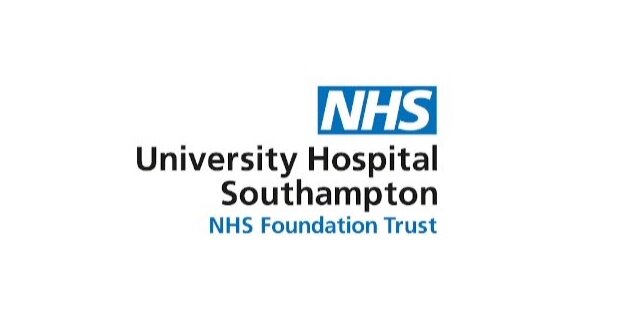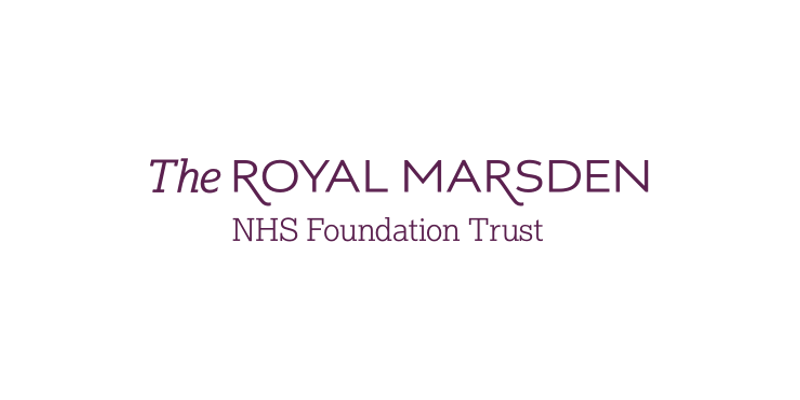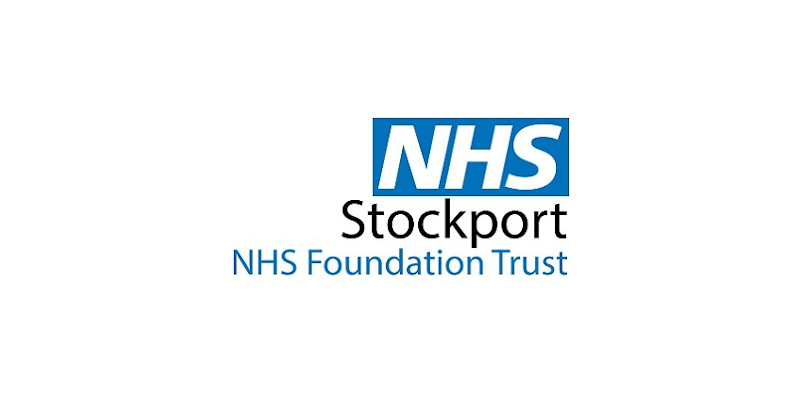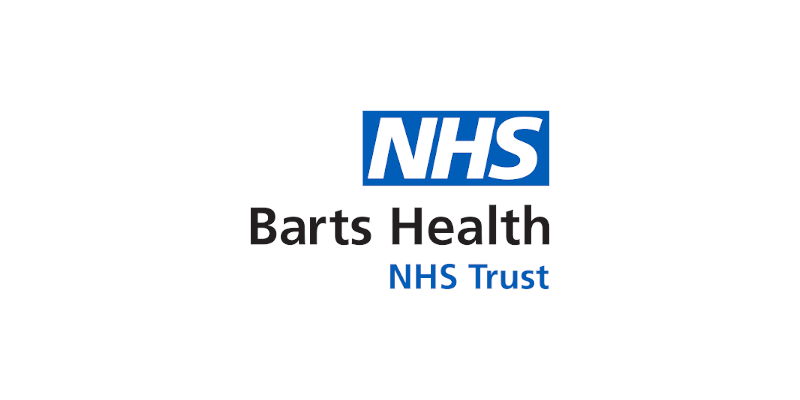A time-saving solution for collecting NHS COVID-19 test results
“The Liaison team showed an exceptional level of understanding and experience in working with our project team to develop a solution that worked for our Trust and our people.”
— Dr Freya Pearson
Operational Staff Testing Lead
University Hospital Southampton
Background
In late November 2020, regular NHS staff self-testing for COVID-19, via a Lateral Flow test, was introduced by NHS England to identify new positive cases and enable people to self isolate, thereby reducing the risks of onward transmission.
All patient-facing staff in community, ambulance, and mental health trusts were required to take tests - regardless of whether they had any symptoms - and report the results to their employers, who in turn were required to ensure positive test results were dealt with rapidly and that daily reports were made to Public Health England (PHE).
The problem
With 1.2M full-time equivalent staff in the NHS, and almost one-fifth of these patient-facing, the requirement equated to over 1 million tests per month. However, given less than a week’s notice from NHS England, and with no existing process or guidance to manage the huge influx of information, trusts had no easy way of collecting and reporting self-testing data.
At the time of writing (January 2021), many were still struggling to coordinate self-testing and process the huge volume of data. The majority initially relied on paper, public web forms, and spreadsheets, which were labour intensive to process and manage, compromised data quality and reliability, and were not always secure. These methods also relied on staff remembering to self-test and submit their results; it was extremely challenging for organisations to monitor this and ensure the self-testing rate reached 100%.
The solution and impact
In less than two weeks, Liaison Assist implemented the digital task management platform, providing a new, time-saving solution to support the high-volume process of collecting test results and reporting them. The system sends automated reminders to every staff member required to self-test, who then securely submit their results using any device, and receive instructions to re-test or isolate if necessary. The data collected can be analysed and reported on in real-time, which is significantly more efficient and secure than using spreadsheets and paper forms, and allows trusts to quickly identify and respond to outbreaks.
University Hospital Southampton NHS Foundation Trust (UHSFT) rolled out Liaison Assist’s staff self-testing system over a two-week period, and at the time of writing had invited 8,434 staff to the platform. After six weeks, 6,542 staff had registered on Liaison Assist, indicating an engagement rate of 77.6%. Liaison Assist allows Trusts to drive better engagement by breaking down sign-up rates by role, location, ethnicity, sex, and age group - efforts to boost sign-ups can then be targeted more effectively.
Six weeks into the roll out of Liaison Assist 23,895 test results had been submitted and 157 of these were positive. It is clear that Lateral Flow testing has helped diagnose asymptomatic cases of COVID-19 that would have otherwise been missed, helping the infection control team to identify potential outbreaks and react to them.
Chart 1: staff members invited vs staff members who had gone on to register after six weeks
At week six of implementation, the number of positive tests being submitted each week was increasing, even when accounting for an increasing number of staff numbers submitting results on Liaison Assist. Although the figures were not an accurate portrayal of the true infection rate within the trust (Lateral Flow Testing is not 100% reliable), they did indicate an increasing trend, mirroring the rising infection rate in the general population. The figures also indicated a higher level of infection within the trust in line with national statistics which showed the infection rate was higher in healthcare workers than other groups.
Beyond simple number reporting, Liaison Assist is allowing UHSFT to easily dig into the data, for example breaking down positive test results by role, location, ethnicity, gender, and age group. This means leaders can identify whether outbreaks occur within or across segments of their staff, and can respond to them in near real-time.
More information
The Royal Wolverhampton NHS Trust, The Royal Marsden NHS Foundation Trust, Stockport NHS Foundation Trust, and Barts Health NHS Trust are also using Liaison Assist to manage asymptomatic staff self-testing
Liaison Assist is a digital platform on which health and care staff can log, share and coordinate their daily care tasks in real-time. In this case, it is being used to automate reminders to staff to submit self-testing results, and to collect data required by Public Health England
Liaison Group is a specialist services and consulting company dedicated to creating savings in workforce, finance, and care in the NHS









